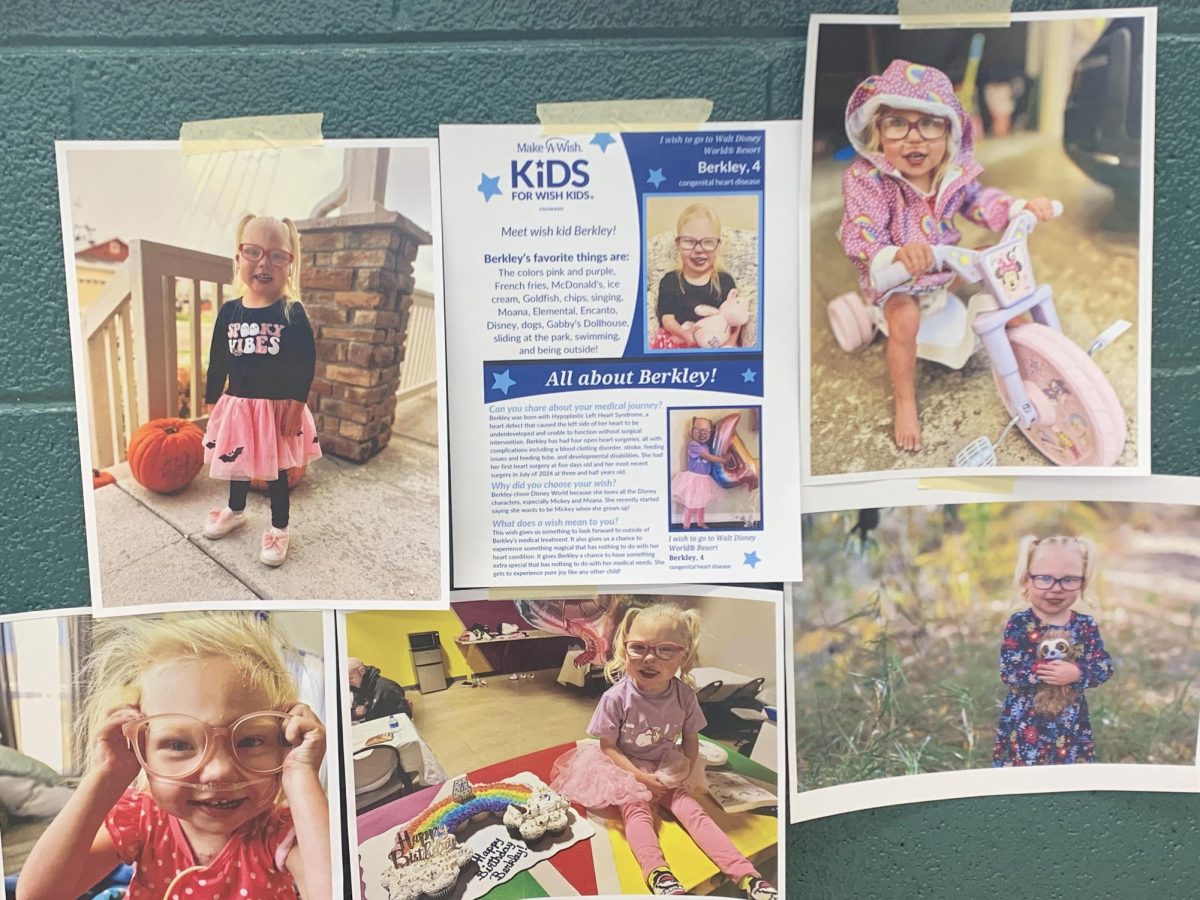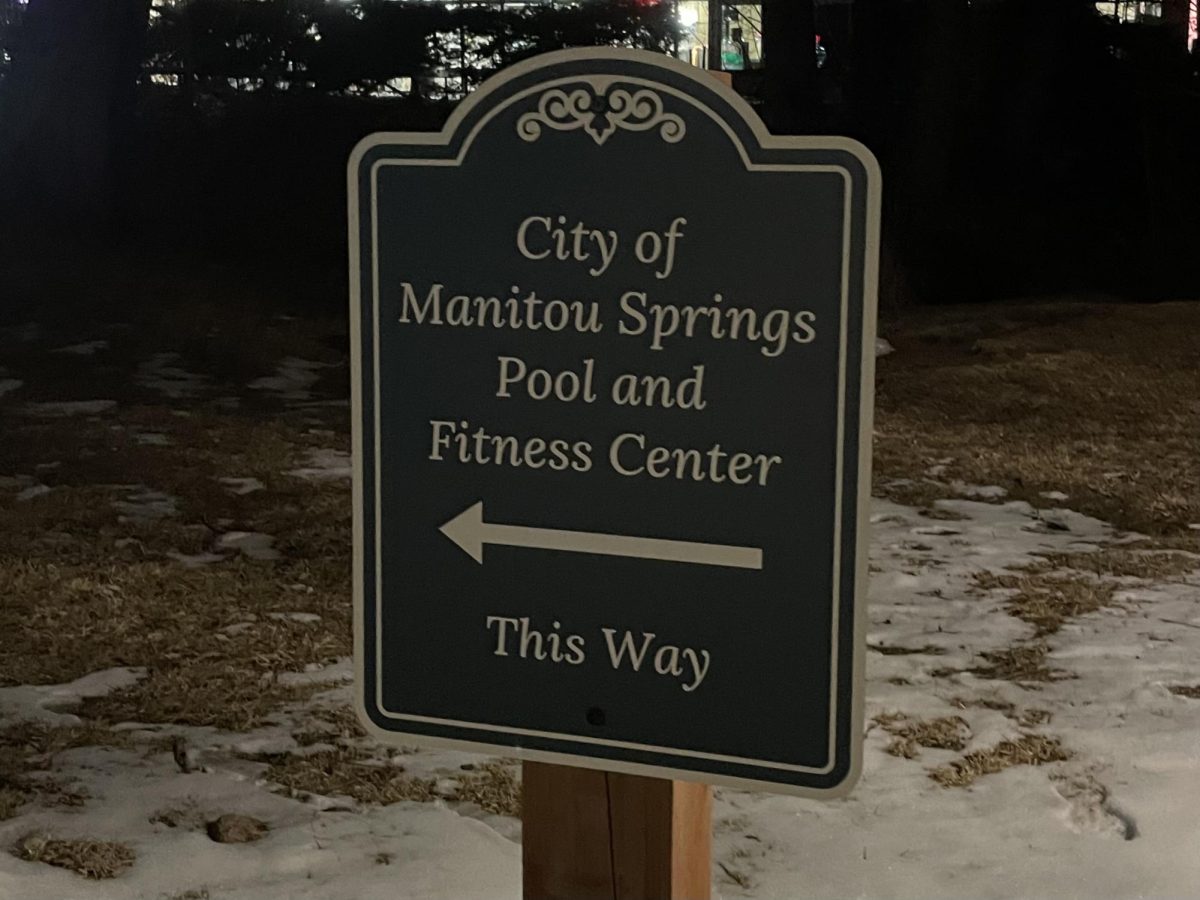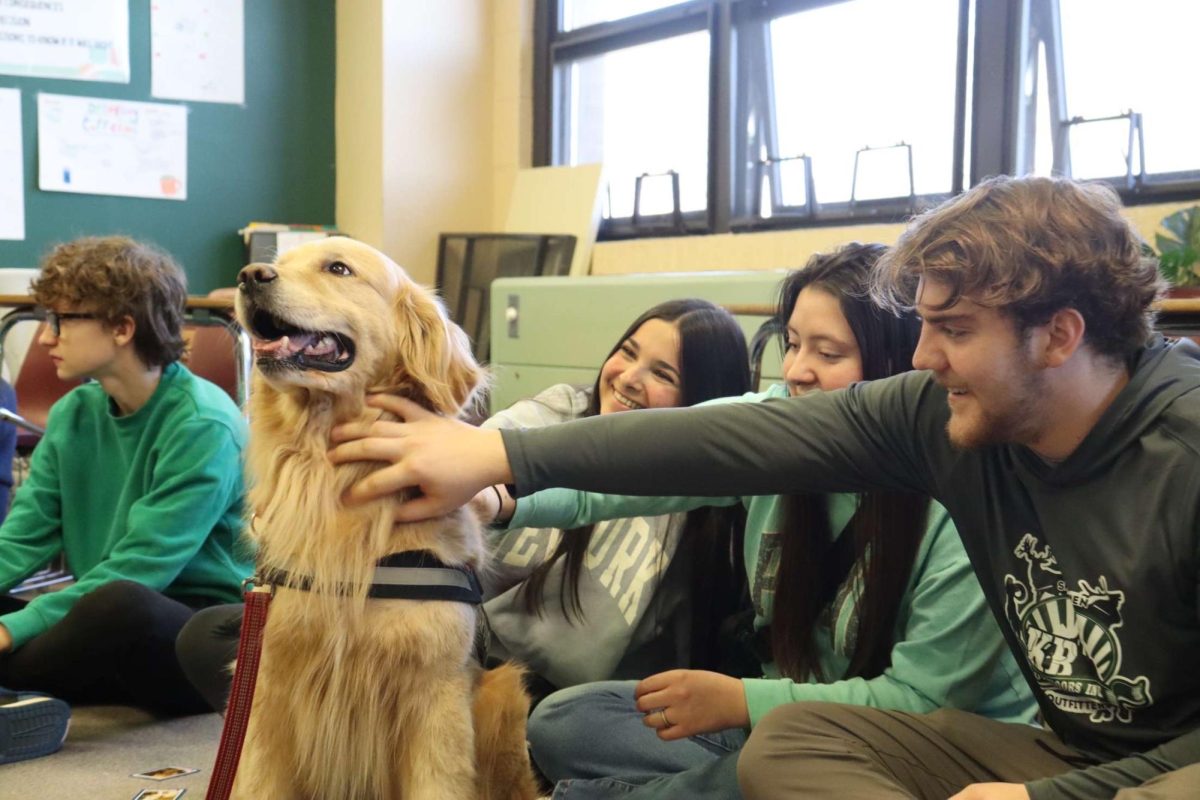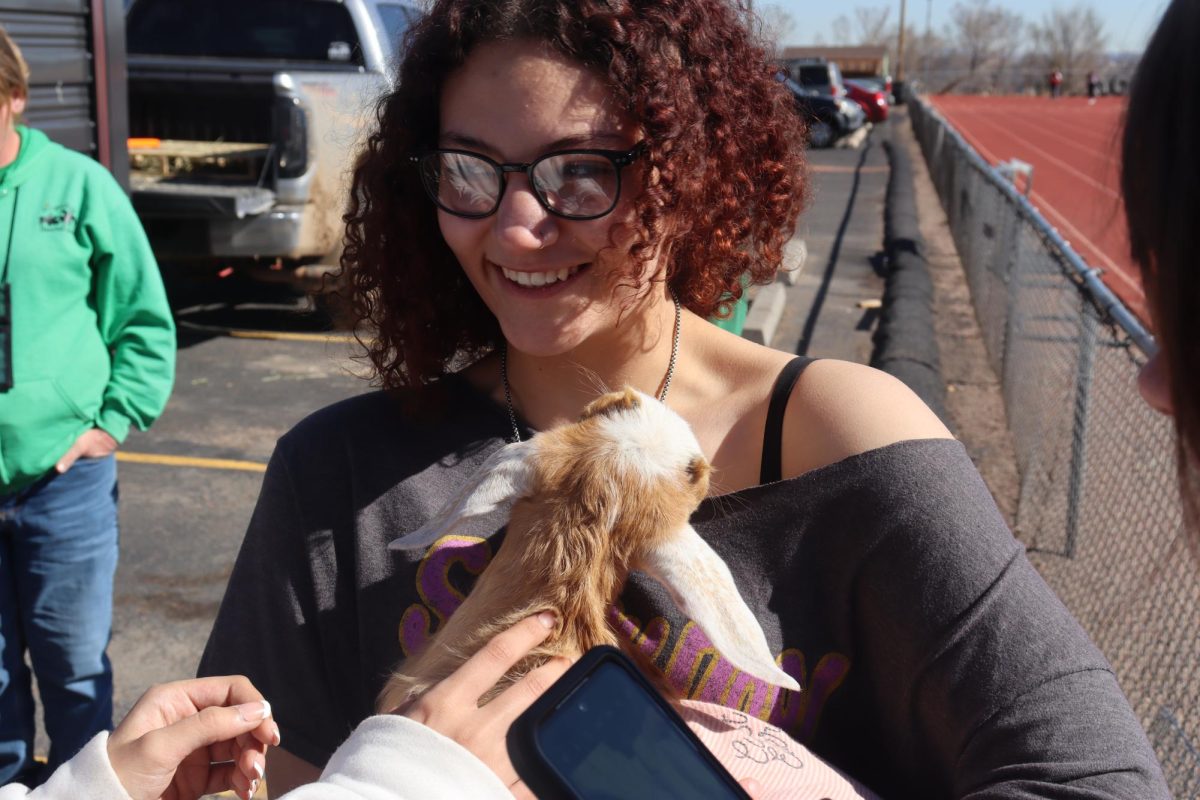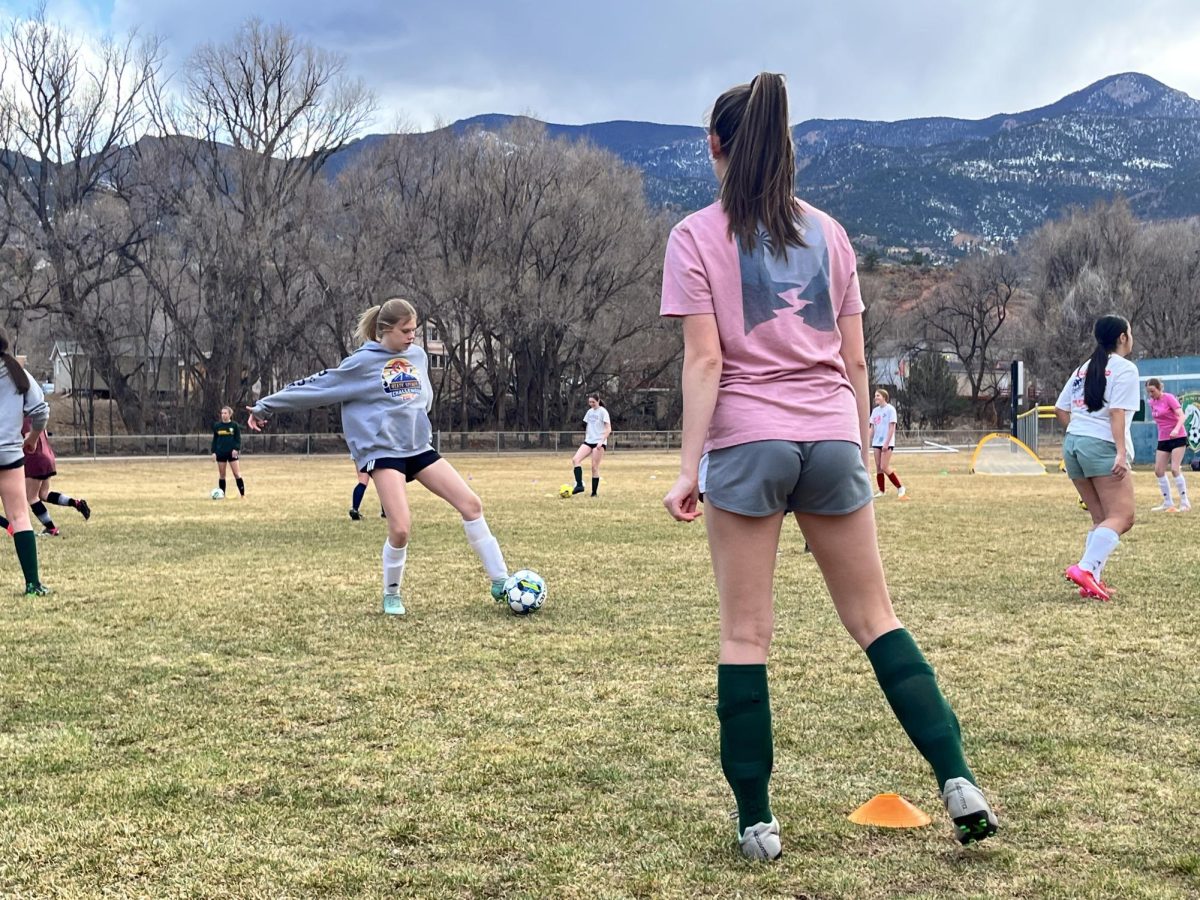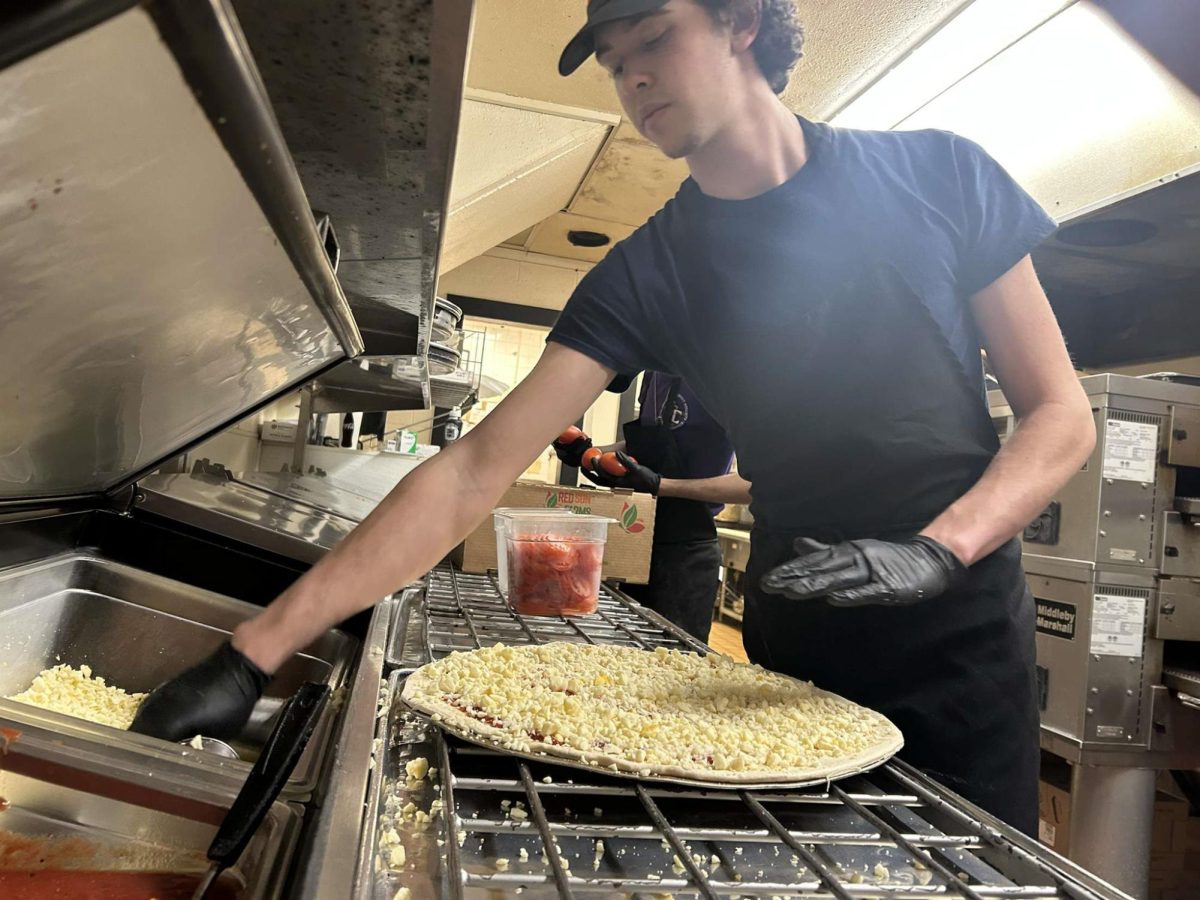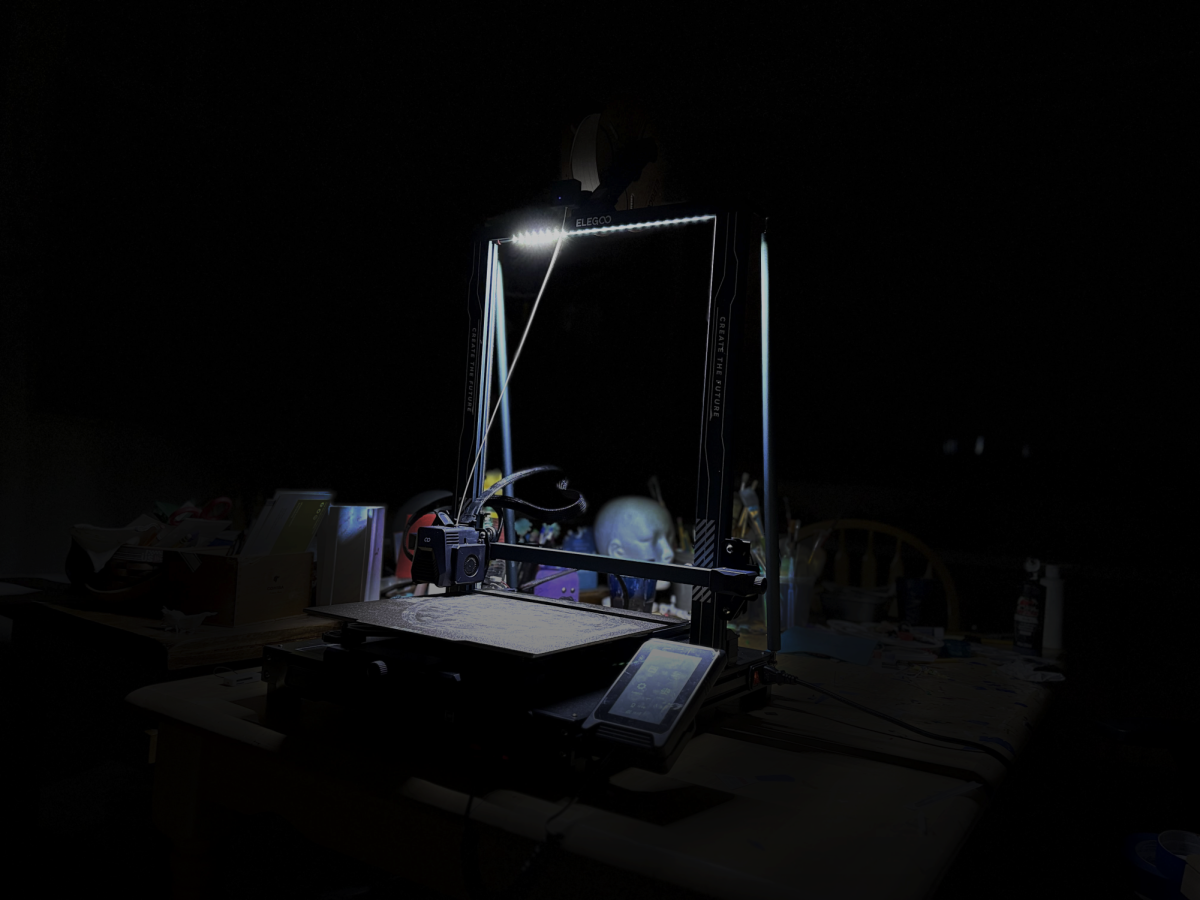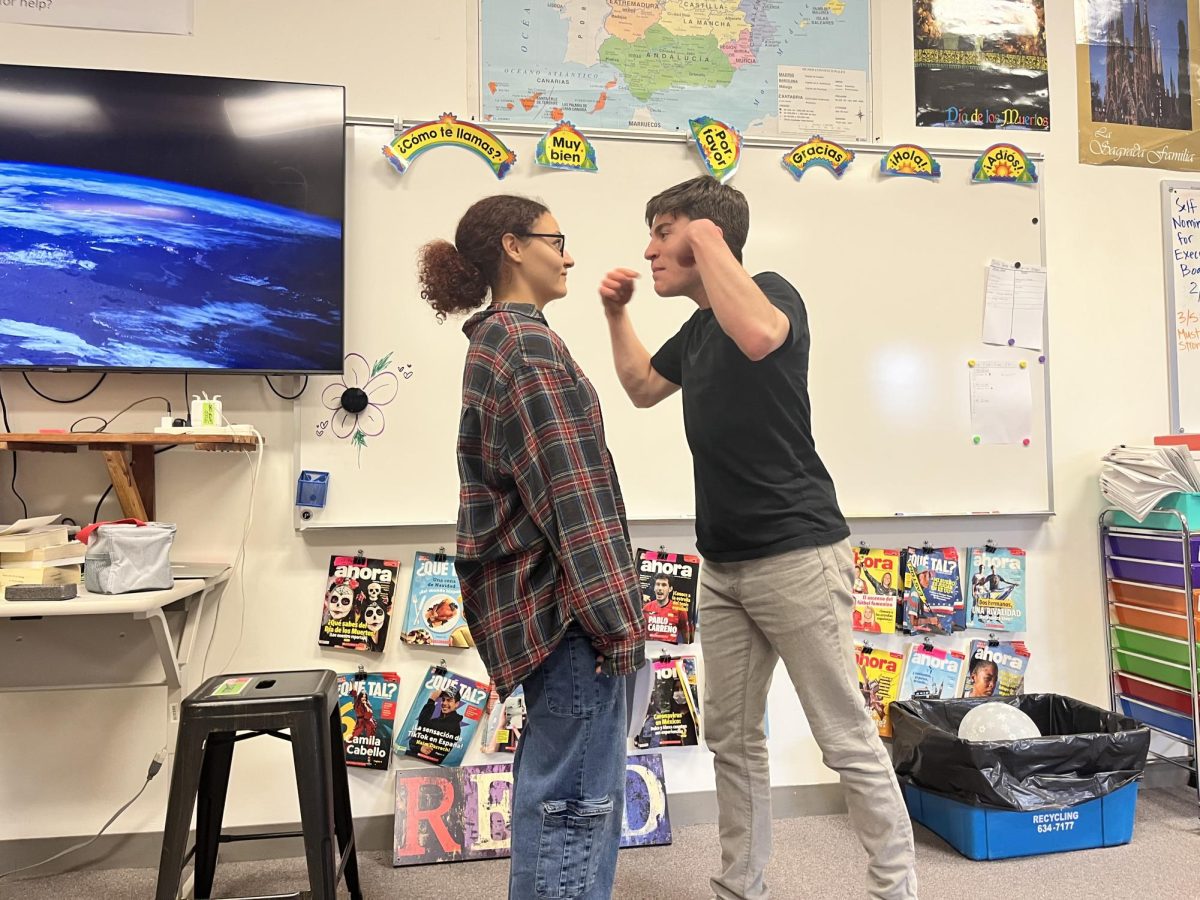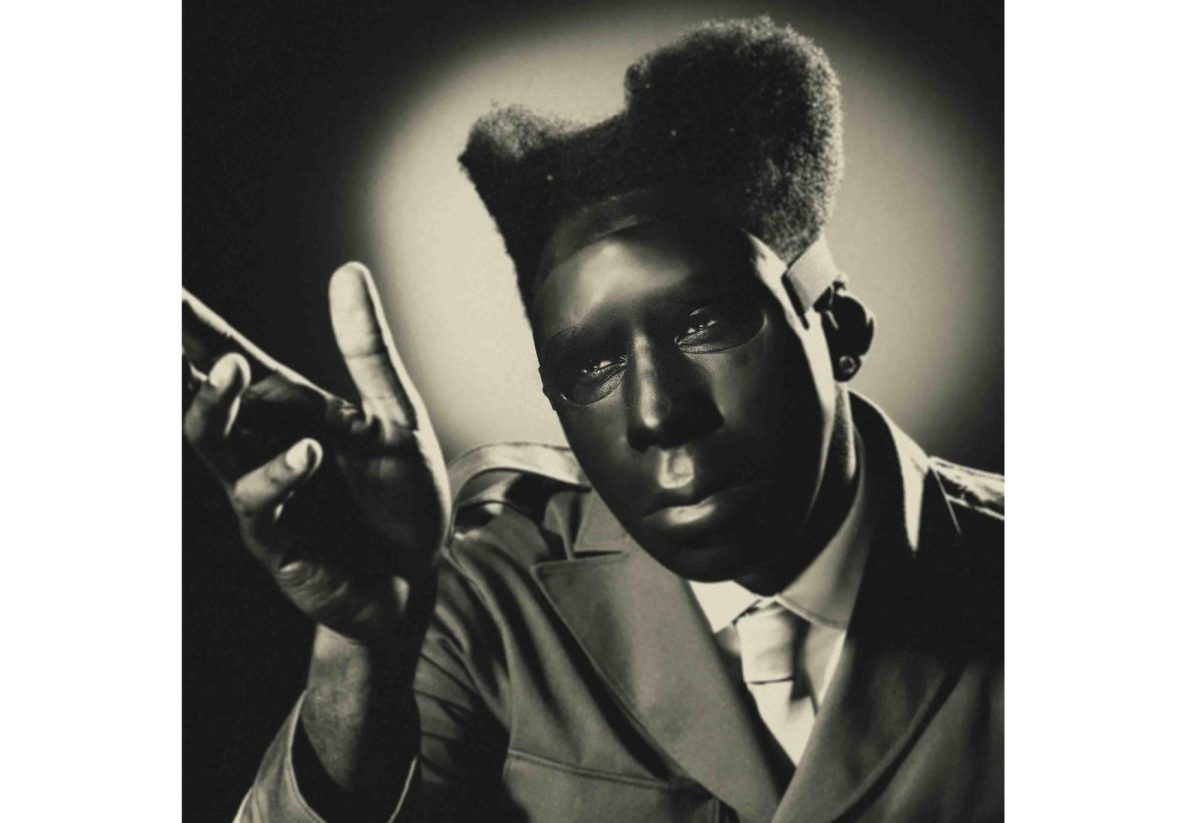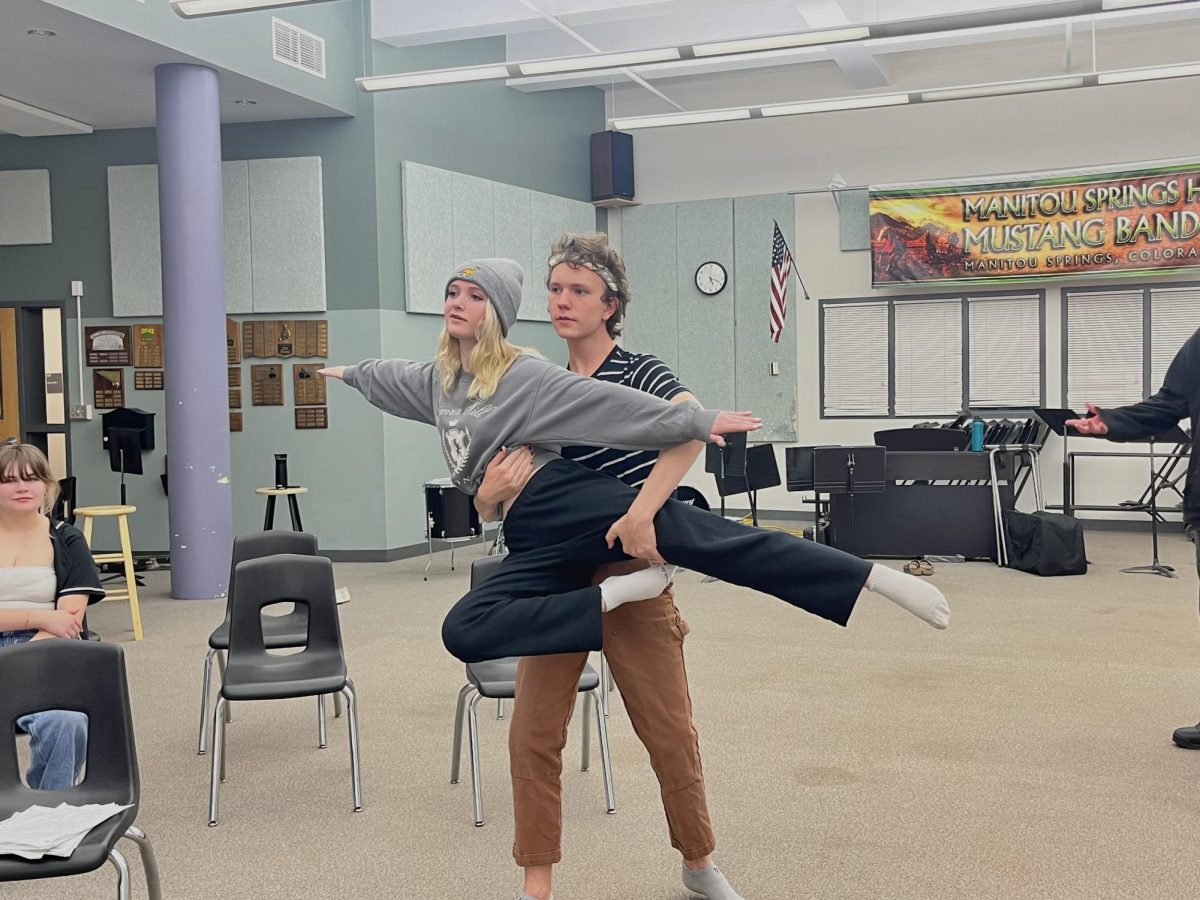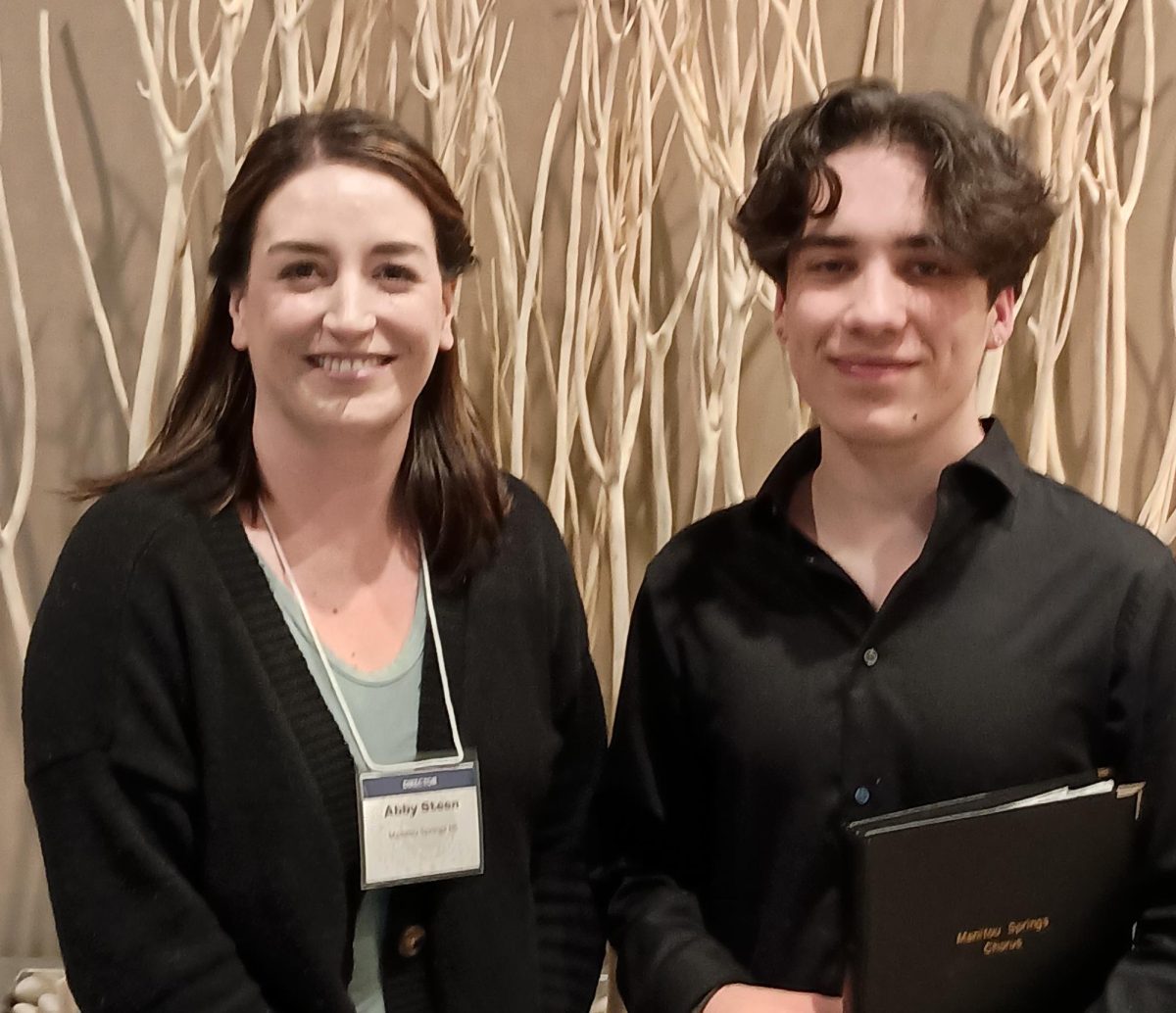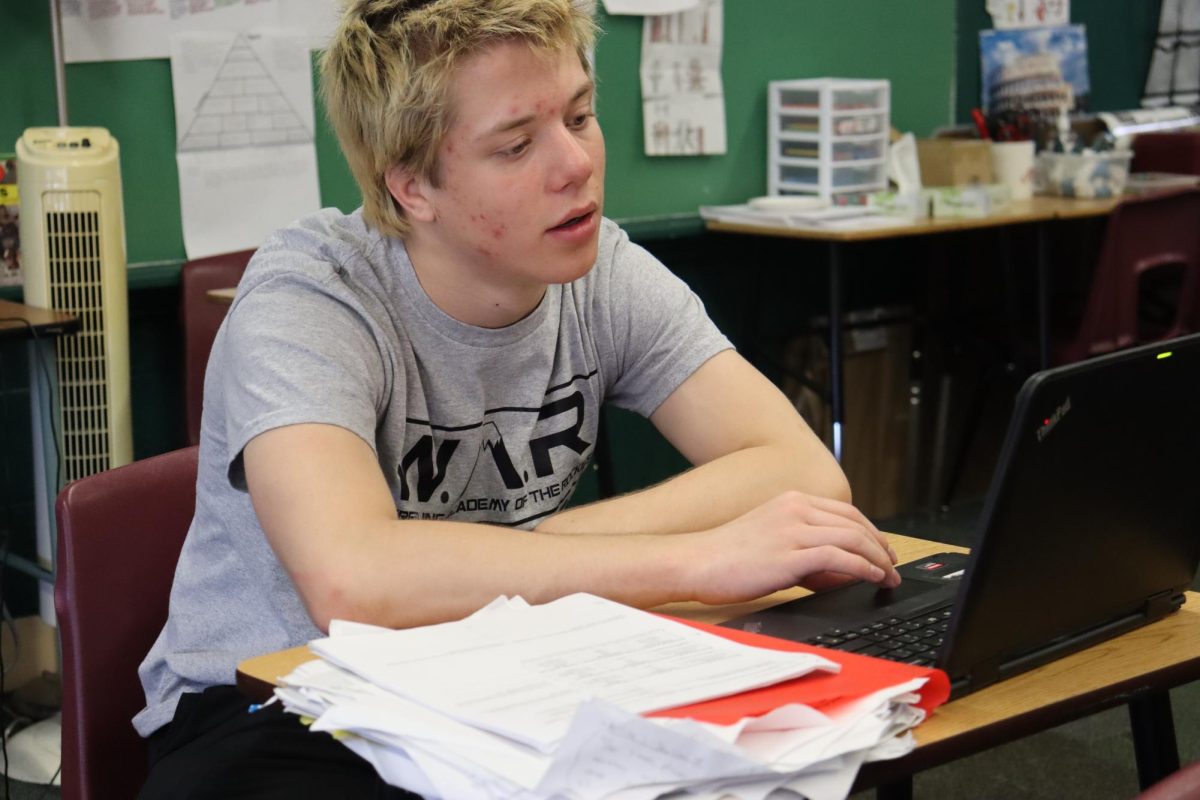Every year, after the yuletide days sink with the first semester and the second semester of the school year crests into view, many students find themselves battling against a devious phenomenon known as the oft ill-fated and dreaded senioritis, which is more accurately described as a form of intense academic burnout that often does not fade until the long awaited days of summer break. While generally perceived by the public as a sort of gimmick excuse for more relaxed academic practice, burnout is a very real and impactful phenomenon among all students and seniors in particular, granting the condition its unique nickname. Due to the stigma behind this social phenomenon in schools nationwide, I am aiming to provide context on why senioritis should not be considered as generalized laziness or lack of drive, but rather as what it is as a social condition that negatively affects students and should be taken seriously so as to provide struggling students with the needed support.
Senioritis is defined by Southern New Hampshire University as “…a common affliction describing the lack of motivation felt by students who are reaching the end of their courses.” Southern New Hampshire University states that symptoms of this phenomenon are varied, “Symptoms of senioritis students should watch out for include a drop in grades, not completing assignments, procrastination and loss of interest in studies.” Hillary Shields said on Southern New Hampshire’s website, “You might even start skipping class or turning in work that is subpar.” “Most students start out their school year with lots of energy and engagement,” teacher Tobias Partridge said. “As the school year progresses, not only do they face the normal stressors of academics, activities, and daily life in general; but they are now faced with an uncertain future and a transition into adulthood. In order to cope with this stress, their motivation and performance can decrease significantly throughout the school year.”
Having this context is important in order for people to use an empathetic lens when taking this issue into consideration. While academic burnout can be simply viewed as GPA detrimental, a more important aspect to view is how it is mentally detrimental to students in their routines and habits, as well as their overall relationship to school. “Everyone sees the finish line ahead of them, and it becomes difficult to focus on just one thing,” Meghan Taylor (12) said. “College applications, scholarship applications, final days of clubs and activities, lasts of everything, it all sort of hits you as it happens.”
Students who consider themselves to be burnt out are anything but lazy, with most actually having to put more effort into their classes to meet the same ends as those who are not burnt out, whether that is due to missing assignment due dates or the burnout promoting procrastination, making for more stress to meet incoming assignment deadlines.
“I don’t think that senioritis happens from laziness or lack of trying, just more of an overall overwhelming feeling from every angle of your life.” Taylor said.
So what promotes this phenomenon to spread through social areas like school, and what is the best way to avoid it, or effectively combat it? The psychology behind the matter shows that exposure to social conditioning phenomenon like senioritis to form in all sorts of social areas that are frequented by communities, be they students or everyday civilians. Combating the condition is another matter.
“Give yourself grace, it’s completely natural to feel burnt out and just generally ‘done,’” Partridge said. “Take a few minutes right after you wake up in the morning and set just a few manageable daily goals. And celebrate when you accomplish them, no matter how small.”
Partridge also mentioned the importance of acknowledging senioritis as natural to feel, especially in school environments.
“High school graduation is an important milestone!” Partridge said. “They’ve worked hard to make it this far, and they are both excited and anxious about the future. Of course they are tired.”
While these methods and acknowledgements can provide a basis for avoiding and contending with academic burnout, it’s important to remember that many students feel this way, and one of the other means for faring through this troublesome condition is support from peers and other relations. However, stigma around senioritis can lead to issues in support being provided.
“I do find myself missing more classes and days of school than last year,” Thea Kingman (12) said. “Not a significant amount more, but sometimes I feel like I can just do the work at home and I lack the motivation to get up early and go to school.
At the end of the day, the reality is that stigma behind any sort of social concept or obstacle is just that, a stigma. Stigmas are made up of generalized and sometimes harmful common conceptions that are not reflective of how everyone feels, and people who you know closely are much more likely to be able to see eye to eye with you as a struggling student.
Personally, I have found myself struggling with academic burnout in an intense way, as it has been intertwined with several other issues, which only makes the base burnout feel all the more overwhelming. Despite knowing the science behind the issue, there’s sadly no means of completely avoiding any social phenomenon. The best thing one like me or my fellow burnt-out peers can do is to engage in healthy mental practices, and help revitalize the sometimes lost feelings of confidence, pride, and hope for the future of our academic careers.
“My advice would be to find a good balance between doing work and taking time to do things you enjoy,” Kingman said. “While it is important to keep up with schoolwork, senior year should also be fun and rewarding.”

